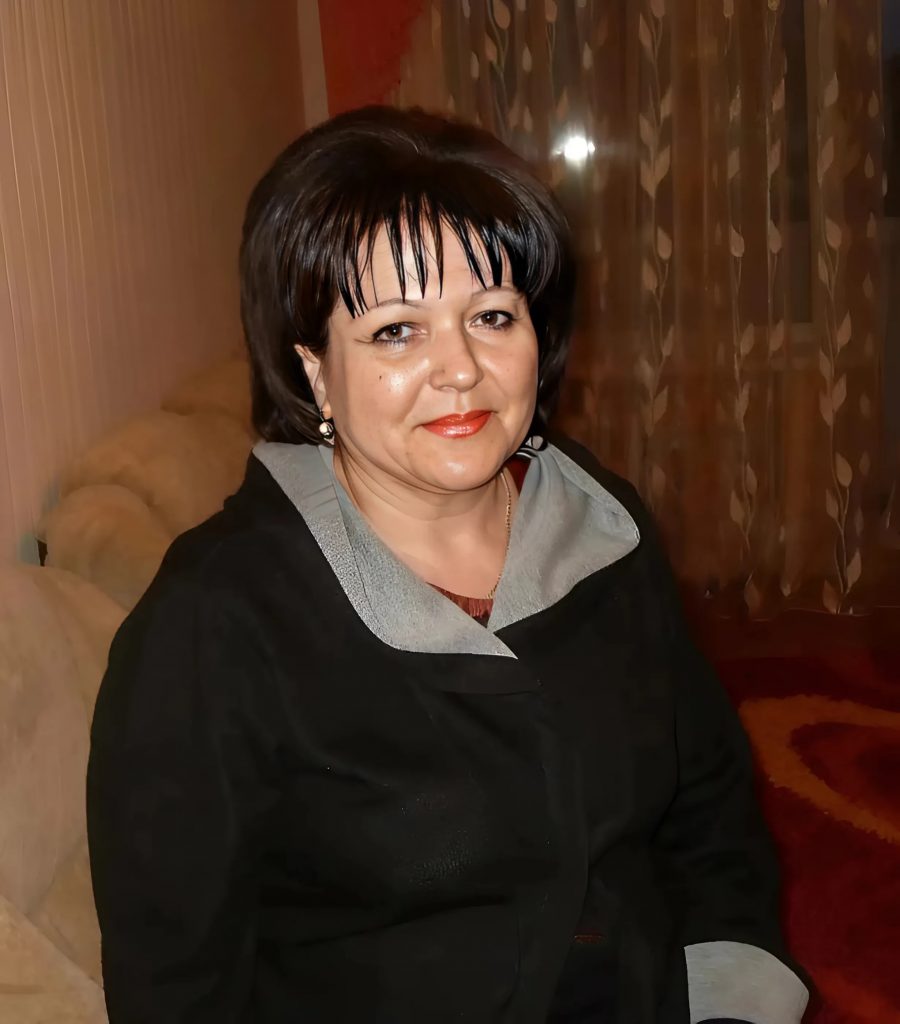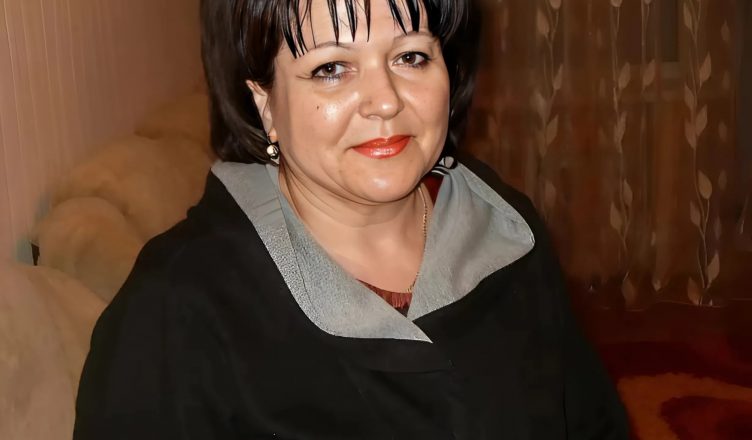For nearly three years, I lived abroad with my daughter and her husband. When the war escalated, it felt like the safest and most rational choice. My daughter insisted: “You’re not young anymore, and we want you near us.” I agreed — not just because of the war, but because part of me longed for family warmth in unfamiliar surroundings. We lived modestly but peacefully in a rented apartment in Central Europe, where I cooked, walked in the nearby park, and slowly adjusted to life far from home.
Back in Ukraine, my son — the one I raised through hardship, the one who once clung to my skirts as a boy — stayed in Zaporizhzhia with his wife and children. I left my apartment in his care. We had an understanding: I would be gone for an unknown amount of time, and he would maintain the place — water the plants, pay the bills, keep it safe. It felt natural, even comforting, to know my own child was living there temporarily.
Time passed. News from home varied — some days peaceful, others worrying. But one evening, while we were drinking tea, my son-in-law said something that changed the course of my life.
“We’ve discussed everything with your daughter. The danger is behind us, it’s calm in Zaporizhzhia now. We think it’s time for you to return home.”

The statement was so unexpected that I didn’t know how to respond. I wasn’t unhappy abroad — but I wasn’t entirely at home either. Something in me missed my country, my walls, my things. Maybe they were right. Maybe it was time.
I returned to Ukraine with a suitcase, some savings, and a heart full of mixed emotions. But nothing — not war, not time, not even distance — could have prepared me for what I found when I unlocked the door to my own apartment.
My key didn’t work.
I rang the bell.
No answer.
I called my son. No response.
The neighbor upstairs — an old friend — finally noticed me in the hallway and came out. She looked hesitant, then said softly: “They changed the locks. I thought you knew.”
The words echoed in my mind, incomprehensible. Changed the locks? This was my home. My legally registered apartment. Bought with decades of work, paid for in full, maintained all my life. I didn’t understand. Or maybe I did, but refused to believe.
Later that day, I confronted my son. He didn’t deny it. In fact, he spoke with the calm detachment of someone who believes they’ve done the right thing.
“You don’t need this much space anymore. We live here now. The kids are settled. You’re already staying with your daughter. Why disturb things?”
It wasn’t rage that overwhelmed me. It was betrayal. Quiet, suffocating betrayal. I had trusted him with my home, not as a loan, not as a gift — as a responsibility. I never imagined my own flesh and blood would decide it was no longer mine.
What followed were months of confusion. I consulted lawyers, only to learn the paperwork had been quietly altered. It seemed that during my absence, my son had begun the process of legally transferring ownership — with forged documents and claims that I had “abandoned” the property.
Now, I live with my daughter again. Not abroad this time, but in a rented flat in western Ukraine. I am almost seventy, tired, and unsure of how much more I can fight. Some nights I wonder whether I should have stayed away altogether. Other nights I wonder where I went wrong as a mother.
What do you do when your child becomes a stranger? When the people who should be your support system quietly push you to the side?
I’m not sharing this story for pity. I’m sharing it for perspective — and maybe for help. I know I am not alone. Many elderly parents face similar betrayals, wrapped in silence, hidden behind polite conversations and closed doors.
So I ask you: what would you do in my place? Would you fight for what’s yours — even if it means going to court against your own son? Or would you walk away, rebuild peace elsewhere, and carry the wound in silence?
Because sometimes, the greatest loss isn’t war or distance. It’s when home is still standing — but no longer yours.
